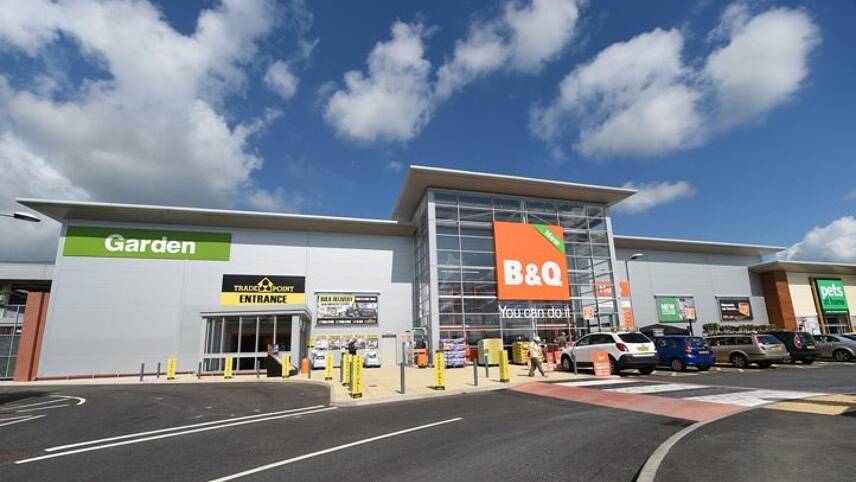Register for free and continue reading
Join our growing army of changemakers and get unlimited access to our premium content

Kingfisher owns brands including B&Q
Under the commitment, Kingfisher will transition to 100% responsibly sourced wood and paper in all products before the end of 2021. According to the firm’s latest responsible business report, 94% of the wood and paper in products sold at Kingfisher’s three main retail brands was certified as sustainable or from recycled sources. Kingfisher works with both the FSC and the PEFC to source certified materials.
Kingfisher will then invest in external reforestation projects from the start of 2021. It has previously supported forest restoration projects led by RSPB and BirdLife, in locations across the UK, Poland, Spain and Indonesia.
The company has not yet confirmed how many trees it will need to plant to meet its new goal. It said that it will “work with forestry experts to develop a comprehensive programme, ensuring the projects we support benefit forests, wildlife and the surrounding communities”.
Net Positive evolution
Since 2015, Kingfisher has targeted a ‘net-positive’ impact for people and planet. Its previous sustainability strategy incorporated 50 specific targets for 2050 and, in a bid to embed these ambitions into the business model and into consumer behaviours, Kingfisher launched a 12-point sustainable growth plan in 2018.
The 2025 forest pledge forms part of a new set of Responsible Business priorities, designed to maximise the firm’s positive impacts and to streamline sustainability communications and reporting around ‘priority areas’. The priorities are becoming a more inclusive company; acting on forests and climate change; making greener, healthier homes affordable, and fighting to fix ‘bad’ housing.
Kingfisher said in a statement that the Covid-19 pandemic had exacerbated or highlighted issues across these spheres, accelerating the process of redesigning its group strategy and sustainability approach.
“As a home improvement business, we know that too many families across Europe are living in homes that are unfit – too small, too dark, too cold and too damp – issues that Covid-19 has made even worse,” Kingfisher’s chief executive Thierry Garnier said.
“At the same time, climate change and biodiversity loss remain urgent, global threats.”
To support the delivery of the new responsible business targets, Kingfisher has created a committee that reports directly to the board. Executives will, therefore, be updated on progress, opportunities and challenges on a more regular basis and in a more in-depth format. The business has also linked bonuses to progress against responsible business metrics.
Linking pay or bonuses to sustainability progress is becoming an increasingly popular way to gain and maintain boardroom buy-in for the net-zero transition. The likes of Shell and BMW have begun linking executive pay to decarbonisation in recent times. Nonetheless, only 6% of UK companies have a bonus in their KPI focusing on the environment and less than 1% have long-term, rather than annual, incentives focused on environmental sustainability.
Sarah George


Please login or Register to leave a comment.